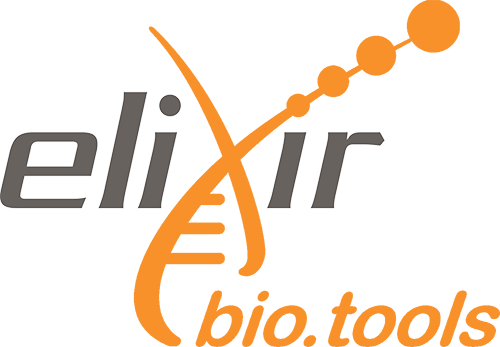Tutorial
Metagenomics Bioinformatics
Metagenomics, the genomic analysis of microbial communities from samples like water and soil, involves high throughput sequencing of the microbial DNA, collecting, archiving and resharing the genomic data for taxonomic and functional analysis.
This course covers the use of publicly available resources to manage, share, analyse and interpret metagenomics data, including marker gene, whole gene shotgun (WGS) and assembly-based approaches. It makes use of recorded lecutures and materials from the “Metagenomics Bioinformatics” training course that took place 17 - 20 July 2018 at EMBL-EBI.
The recorded lecutre material is aimed at life scientists working in the field of metagenomics who are in the early stages of their data analysis. These recordings are suitable for beginners with an undergraduate knowledge of metagenomics.
The exercises included in this course are intended for an audience with experience of using bioinformatics in their research. A working knowledge of Unix command line and the R statistical package is required.
The exercises included in this course are optional and require the installation of tools and software. To simplify the installation of this software we have packaged the tools and software into a series of Docker containers that can be downloaded and installed.
Please ensure that you have admin permission for your computer or computing environment. If downloading the container for the entire course you will need a minimum of 4CPUs, 16GB RAM of memory, 100GB Disk memory, 500MB GPU.
DOI: 10.6019/TOL.Metagenomics-t.2019.00001.1
Licence: Creative Commons Attribution Non Commercial Share Alike 4.0 International
Keywords: Metagenomics, MGnify, Sequence Analysis, Microbiology
Target audience: Life Scientists
Resource type: Tutorial
Contributors: Alex Mitchell, Varsha Kale, Rob Finn, Guillermo Rangel Pineros, Rebecca Campos
Scientific topics: Metagenomics
Activity log

 EMBL-EBI
EMBL-EBI

